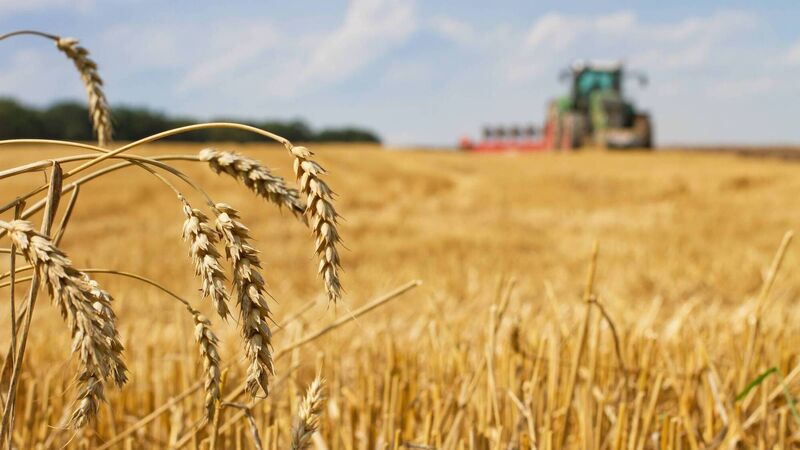Why the carbon tax gives Irish grain a built-in higher cost base

The carbon tax on diesel further disadvantages Irish farmers who are trying to compete on a global level, and perhaps none more so than Ireland's tillage farmers, who are expected to produce grain with a built-in higher cost base than other farmers.
The budget was like a storm — it came and went, but left a trail of damage when it came to farming.
The main changes which will affect farmers are the drop in the flat rate percentage from 5.1% to 4.5% for 2026. This is set to cost farmers €61m over a calendar year, and for an average dairy farmer supplying 550,000 litres of milk, the drop in VAT could reduce farm profits by €2,000 per holding.











